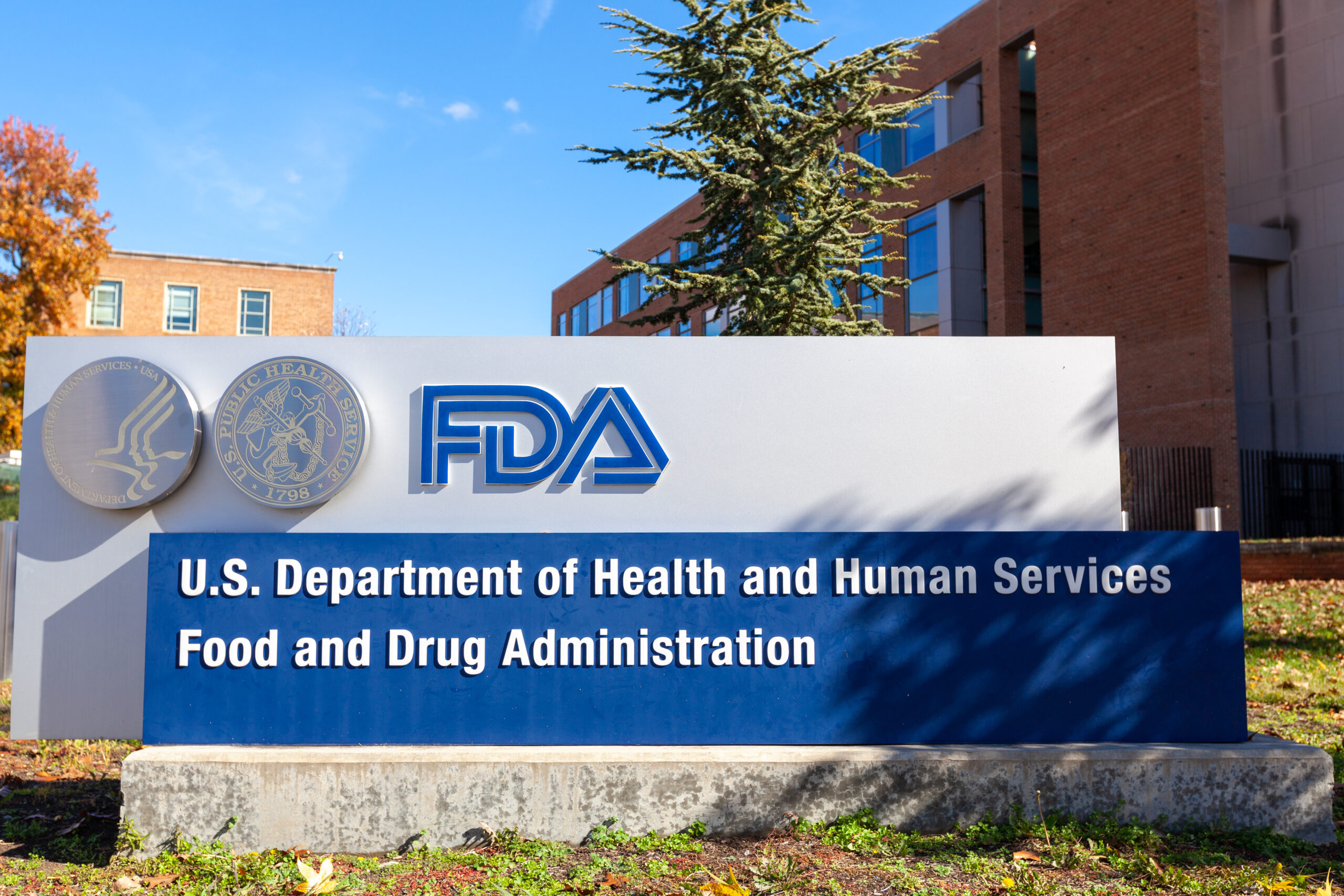Conflicting Federal Decisions Issued on the FDA’s Approval of Medication Abortion

UPDATE: On April 12, the Fifth Circuit partially granted DOJ and Danco Laboratories’ request to stay the Texas district court’s decision, staying the district court’s suspension of the FDA’s original approval of mifepristone but declining to stay the court’s suspension of FDA’s subsequent updates to its conditions on mifepristone’s use. DOJ and Danco Laboratories applied to the Supreme Court for a stay of the district court’s order through the disposition of their Fifth Circuit appeals and any necessary proceedings in the Supreme Court. As of Wednesday afternoon, April 19, 2023, Justice Alito had granted and extended an administrative stay on the district court’s order through Friday, April 21, 2023 at 11:59 pm EDT, giving the full Court until the end of the week to take further action.
If it goes into effect, the Fifth Circuit’s order would halt, among other things, the FDA’s 2019 approval of the marketing of generic mifepristone, produced by GenBioPro, Inc. On April 19, 2023, GenBioPro sued the FDA, the Department of Health and Human Services, and the Department of Justice in Maryland District Court to enjoin the FDA and HHS from enforcing the Fifth Circuit’s ruling and characterizing generic mifepristone as unapproved and misbranded.
UDPATE: On April 10, in the Texas case, both the DOJ and Danco Laboratories (the District Court previously granted the distributor of mifepristone’s motion to intervene) asked the U.S. Fifth Circuit Court of Appeals to stay the Texas court’s decision by noon on April 13 “to enable the government to seek relief in the Supreme Court if necessary.” The Fifth Circuit has given the plaintiffs until April 11 at midnight to respond to the request for a stay.
In the Washington case, also on April 10, the DOJ filed a motion for clarification, asking how the FDA can comply with the court’s order preserving access to mifepristone in the face of the Texas ruling and noting that if the Texas ruling takes effect, “[t]he result of that order appears to be in significant tension with this Court’s order prohibiting FDA from ‘altering the status quo and rights as it relates to the availability of Mifepristone’ in Plaintiff States.”
***
On Friday afternoon, two Federal district courts issued conflicting opinions regarding the approval by the U.S. Food and Drug Administration (FDA) of mifepristone, a drug widely used in medication abortions. The ultimate outcome of these cases could have broad ramifications for access to medication abortion throughout the country, including in states where abortion is legal and protected under the state’s constitution or other laws.
For context, medication abortion is an FDA-approved two-medication regimen that generally involves the use of prescription drugs mifepristone and misoprostol to end a pregnancy through 70 days of gestation. The FDA first approved mifepristone twenty-three years ago, finding it to be a safe and effective drug for the medical termination of intrauterine pregnancy under FDA-approved prescribing conditions. Mifepristone is also prescribed to medically manage missed miscarriages. Medication abortion is the most common form of abortion, accounting for over half of abortions in the United States.[1]
The Texas Order
The first order, issued by the U.S. District Court for the Northern District of Texas, would effectively suspend the FDA’s decades-old approval of the drug. Alleging violations of the federal Food, Drug, and Cosmetic Act (FDCA) and its implementing regulations, among other claims, plaintiffs – including the Alliance for Hippocratic Medicine and several physicians – challenged the FDA’s decision approving mifepristone as improper. The Texas Court agreed with Plaintiffs, and ruled to stay the FDA’s approval of mifepristone – the first instance in which a judge has stayed an approval of a human drug over the objection of the FDA. While the Court’s decision was in the context of a preliminary injunction, the result will jeopardize access to mifepristone, potentially nationwide, at least until a ruling on the merits is issued (or an appeal). The order is not set to take effect until Friday, April 14, 2023, allowing time for appeal. The U.S. Department of Justice filed a notice of appeal within three hours of the court’s order and announced its intention to seek a stay of the order pending its appeal.
The Washington Order
Within an hour of the release of the Texas Court order, a federal judge in Washington issued a conflicting order, blocking the FDA from “altering the status quo” with respect to mifepristone. Specifically, the ruling precludes the FDA from departing from or modifying the current set of rules under which mifepristone can be made available, known as a Risk Evaluation and Mitigation Strategy (REMS). This protocol includes, for instance, a certification requirement for pharmacies that dispense mifepristone. (These standards were recently relaxed; prior to the COVID-19 pandemic, the drugs required for a medication abortion could only be obtained in-person at a health care facility.) However, the Washington Court’s order is directed only at the agency’s conduct in the specific states that sought relief from the court, seeking to ensure continued access to mifepristone and to bar any unnecessary and burdensome restrictions.[2]
What Now?
It remains to be seen how the FDA will reconcile and respond to the dueling decisions and what effect, if any, the rulings will have on the availability of mifepristone across the country. In particular, the FDA has general discretion to determine whether and when to take action to enforce its own rules. Because the FDA does not have the capacity to enforce the FDCA against every nonapproved product on the market, it has long been settled law that the agency has broad enforcement discretion, meaning the agency, not courts, gets to decide if and when to enforce the statute. If the Texas Court’s order takes effect such that the FDA’s approval of mifepristone is undone (even temporarily), the FDA could potentially take a non-enforcement stance with respect to the drug’s manufacturing and distribution. And given these conflicting federal district court opinions, it appears likely the Supreme Court will have to weigh in.
Since the Supreme Court’s Dobbs ruling last June, other federal lawsuits have been filed that specifically relate to the intersection of state authority and the FDA’s ability to regulate medication abortion. For example, federal cases pending in both West Virginia and North Carolina raise the question of whether the FDA’s regulations preempt conflicting state law restrictions of medication abortion. Together with the latest cases in Texas and Washington, these cases could all have far-reaching implications regarding the FDA’s authority to continue to regulate not only mifepristone, but also a wide range of other medications perceived as controversial.
HLB’s Reproductive Health Practice Group will be monitoring developments in these cases closely. Please contact Stephanie Gross or Alicia Macklin in Los Angeles, Andrea Frey in San Francisco, or your regular HLB contact with any questions.
[1] Medication Abortion Now Accounts for More than Half of All US Abortions, Guttmacher Institute (Feb. 2022), available at: https://www.guttmacher.org/article/2022/02/medication-abortion-now-accounts-more-half-all-us-abortions.
[2] These include: Arizona, Colorado, Connecticut, Delaware, Hawaii, Illinois, Maine, Maryland, Michigan, Minnesota, Nevada, New Mexico, Oregon, Pennsylvania, Rhode Island, Vermont, Washington, and the District of Columbia.


